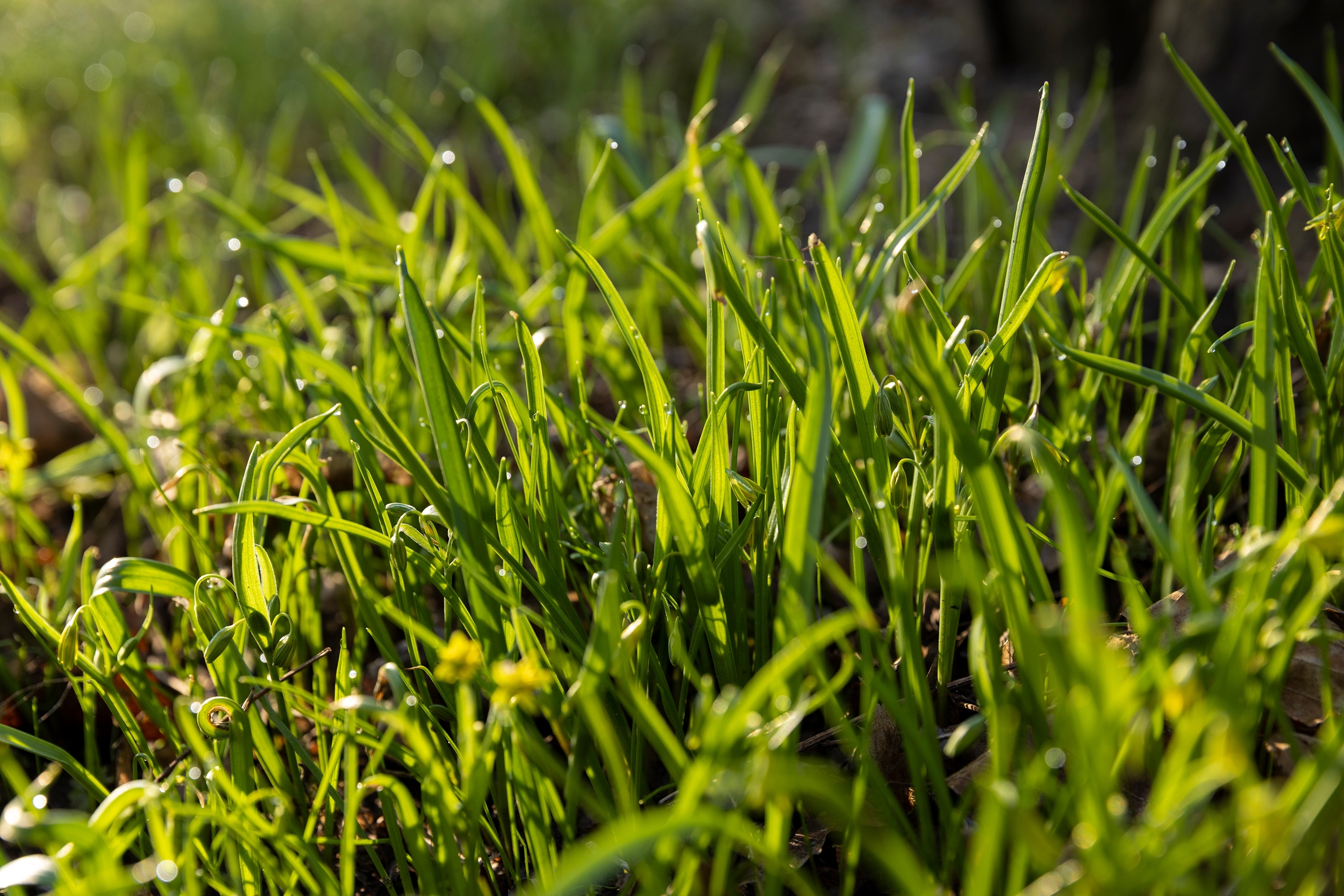
Diagnostic of Guelder Rose pollen Allergy
Diagnostics for a Guelder Rose pollen allergy comprise of various checks. Primarily, a skin prick test (SPT) is conducted. It involves depositing a small amount of the allergen on the skin and pricking it to allow entry. A positive reaction is determined by swelling or weal formation. This test is efficient but can cause minor discomfort. Blood tests such as Immunoglobulin E (IgE) test are also utilized. Here, antibodies responding to the Guelder Rose pollen are examined, with a high count indicating an allergy. Another method is an Intradermal test, where allergens are directly injected into the skin layer. Occasionally, certain cases may necessitate a Nasal Provocation test, which assesses the reactivity of nasal mucus membranes. A correct diagnosis is crucial for mitigation.
Treatment of Guelder Rose pollen Allergy
Allergen immunotherapy, a revolutionary approach in allergy treatment, marks a turning point for individuals suffering from reactions to specific allergens like Guelder Rose pollen. This therapy involves gradually introducing the body to the allergen, aiming to develop tolerance and reduce allergic symptoms over time. Sublingual immunotherapy, a key form of this treatment, administers allergens under the tongue in controlled doses. This method has shown promise in significantly decreasing sensitivity to allergens, including Guelder Rose pollen ,and improving quality of life for allergy sufferers. Curex, an integrated online telemedicine clinic, has adopted this advanced approach to allergy care. They offer customized sublingual immunotherapy, tailored to each individual’s allergy profile. Alongside, Curex provides comprehensive services like at-home concierge allergy testing and symptom management, making it a one-stop solution for those grappling with environmental allergies, asthma, and eczema. Through allergen immunotherapy, we are changing the landscape of allergy treatment, offering hope for long-term relief and effective management of allergic conditions.









.webp)












